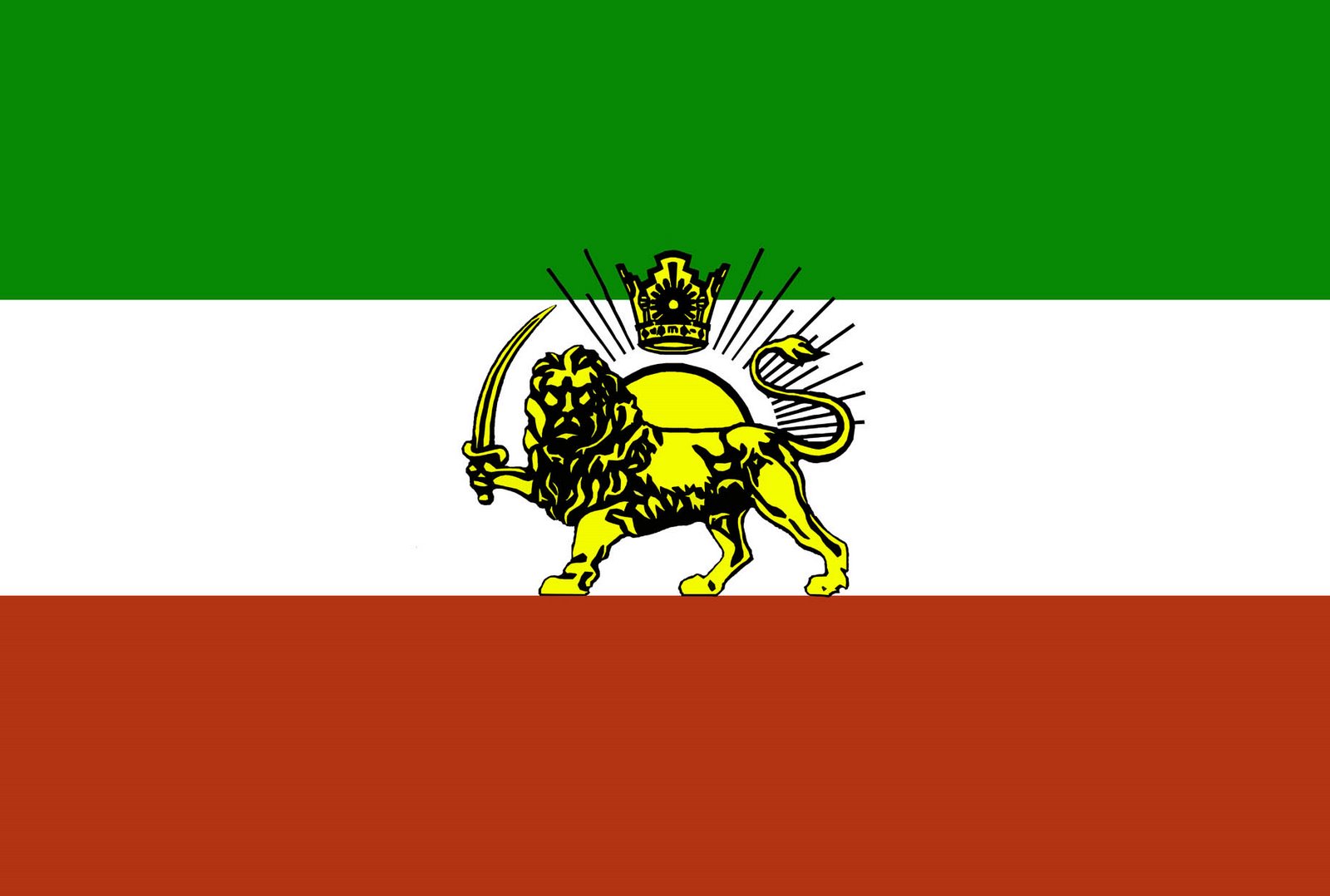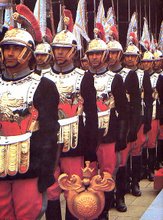June 11, 2008
World Tribune
Assad Homayoun
Over the past three decades, American policy towards Iran has drifted from ineffectual to misguided while the Islamic Republic has remained an enigma for most western strategists. The regime’s rule is defined by oppression at home and aid to terrorists abroad. It routinely threatens Israel and challenges American interests where and when it can. Yet, successive American administrations have failed to develop a coherent, decisive strategy to face-down the fundamentalist regime.
Three basic strategies are in play today — one already deployed, another being flirted with, and the third ominously hinted at. Economic sanctions have been imposed since the mid 1990s with little if any effect on the regime. Much as in Iraq under Saddam Hussein, the regime has oil to fill its trough, but it is the Iranian people that bear the brunt of the economic pressure and are ultimately hurt.
Then there is the misguided counsel of direct negotiations with the regime. The only result of direct negotiations would be bestowing legitimacy upon the reviled apocalyptic regime. Is it wise for the U.S. government to help legitimize an oppressive regime that has lost the support of its own people?
The third, and most wrong-headed option regularly hinted at in government circles is military confrontation. This short sighted, ill conceived option is another example of what ails American foreign policy today — lack of knowledge and understanding of the adversary. It fails to differentiate between the Iranian people, who genuinely like the Americans, and the Islamic regime ruling Iran, which despises all things American. Besides, who in their right mind would seriously think that the American people are ready and willing to sacrifice tens of thousands of their sons and daughters yet again?
The Islamic Republic would actually welcome either of the two misguided U.S. strategies — negotiations or war. Both strategies will strengthen their repressive control over Iran and will allow them to extend their strategic hegemony over much of the Middle East, into parts of Central Asia and the Indian Ocean region.
The Islamic Republic has a long record of using negotiations as a tactic of buying time to further its illicit policies. Besides, official negotiation means officially recognizing the legitimacy of the other side — which is something the clerical regime has longed for. Official negotiations will also be interpreted as the U.S. government’s concession to the clerical regime.
Do the prime supporters of global terrorism deserve rewarding? No matter how one considers this dilemma, the fact is that the regime is despised by the majority of the people because, besides oppressing the people, it has mismanaged the economy to the point that the per capita income of an Iranian, corrected for inflation, is one third of what it was 30 years ago.
Inflation today is 24 percent according to the regime's official figures, unemployment for men is 30 percent and for women is 50 percent. The people are on the brink and the society is ready to explode, but lack of perceived international support and a vacuum of leadership has postponed the inevitable.
Bombing Iran would be militarily ineffective, and would lead to enormous, and protracted difficulties for the U.S., including tremendous loss of life as well as loss of meaningful U.S. influence in the region. It would almost certainly lead to a much more virulent conflict in Iraq, while the possibility of a full-scale war against Israel will increase exponentially. Moreover, military attacks of any nature against Iran, by the U.S. and/or Israel, would result in the devastation of Iran and un-accepted loss of life of the people — a people who, as mentioned earlier, are not the enemies of America or Israel, but who have genuine affection for both. Bombing Iran could also precipitate the balkanization of the Greater Middle East.
War has been the great ally of the clerical regime. In 1982, after only 2 years in power, the regime was almost swept from office by a groundswell of public outrage against the clerics. Khomeini embraced the war with Iraq — a war that could easily have been avoided — and used the Iranian people’s patriotic zeal to guarantee the survival and longevity of the Islamic Republic. Ahmadinejad and the clerics in Tehran once again see the possibility of using the people’s greater hatred of a foreign aggressor to dissipate their lesser hatred of the fundamentalist regime. By taking the bait, America will guarantee the longevity of the clerical regime.
But there is a ‘Fourth Option’ forward. The Iranian people, so far pawns in this political morass, have always been there, patiently waiting for any sign of real support to mount a challenge. The political history of this people is rife with examples of a seemingly oppressed and passive people suddenly rising to challenge the powers that be, when the right leadership as well as the perception of support converged. The Iranian people are fast approaching that point today.
To help leadership emerge from among the Iranian people, Washington must take a very strong, clear-cut, unequivocal stand in support for the people. The Iranian people must be assured that the U.S. government and the American people stand with them in their quest for freedom.
As a prelude to this new approach, all saber rattling must cease so that the American people and the U.S. Government are once again accepted as friends and supporters and not as possible aggressors. Then the President of the United States — the leader of the Free World — must demand that they be treated with respect and dignity. If the Iranian people are convinced that when they stand up for their own freedom, there will not stand alone, there is little doubt that they will take decisive action. Again with history as our guide, stabilizing Iran would have a tremendously positive effect on stabilizing the region.
The reality is that the U.S. should have already been following this ‘Fourth Option’. The Option should include a comprehensive psychological strategy which would empower the Iranian people to seize the situation. To keep control of the people, the clerics have artificially created a sense of siege within Iran. The siege needs to be broken.
So far, conventional policies have been the norm. The State Department’s role is to seek diplomatic solutions and open official lines of communications with foreign powers. Some quarters are also charged with finding military solutions. But no one is charged with thinking outside the box. It is time to take action and implement this logical, low cost strategy. But it is a call to help empower the people to take charge of their own lives and to bring about the changes they desire. Also it is time and absolutely necessary for internal/ external Iranians to put away their tactical differences to come up with acceptable, untainted national democratic alternative to replace the corrupt clerical government.










2 comments:
Good evenning when our hero Senator John McCain will enter the whitehouse as our next President,in 2009 then we will see the facist republic of islamic terrorist of the mollahs brought to justice.My great hero Vice president Dick Cheney and one time President wanted always a regime change in iran but the democrats are the routes of the problem
My late Majesty Shahanshah Aryamehr whom i loved love and always will love mentioned answer to history and history has judged for itself but we will prevail.
Tirdad Gharib.
Good evenning to Winston a great patriot,Mr Aryamehr, and all of this superbe magazine.very sincerlly yours Tirdad Gharib.God bless all of you.
Post a Comment